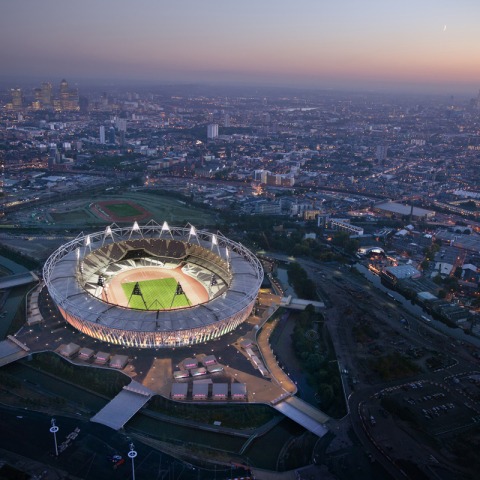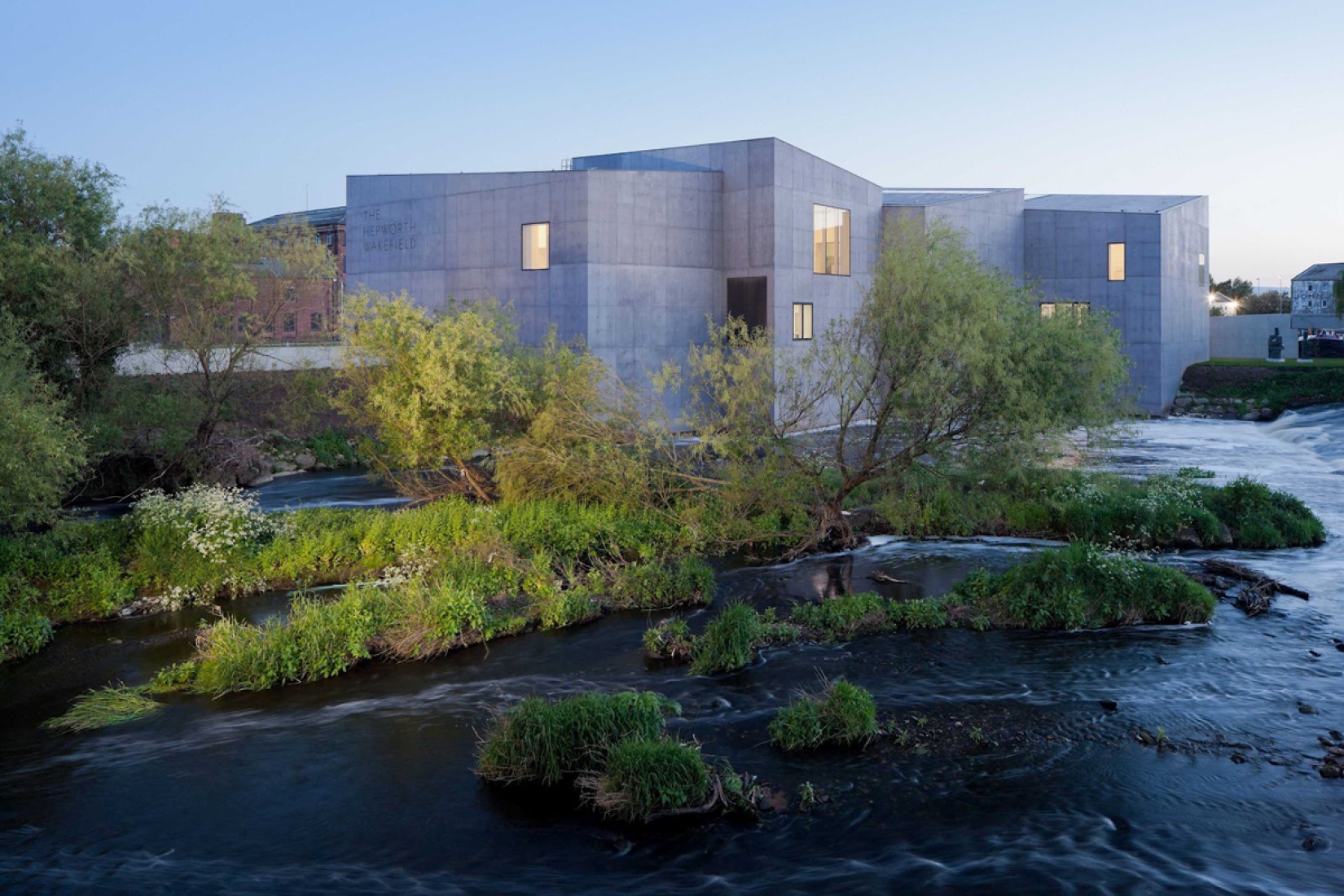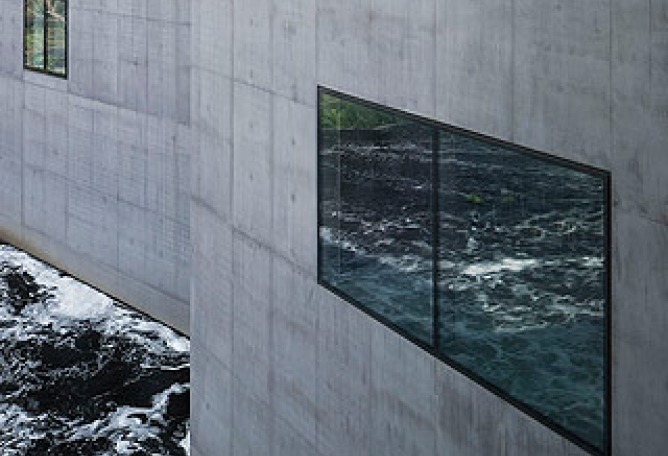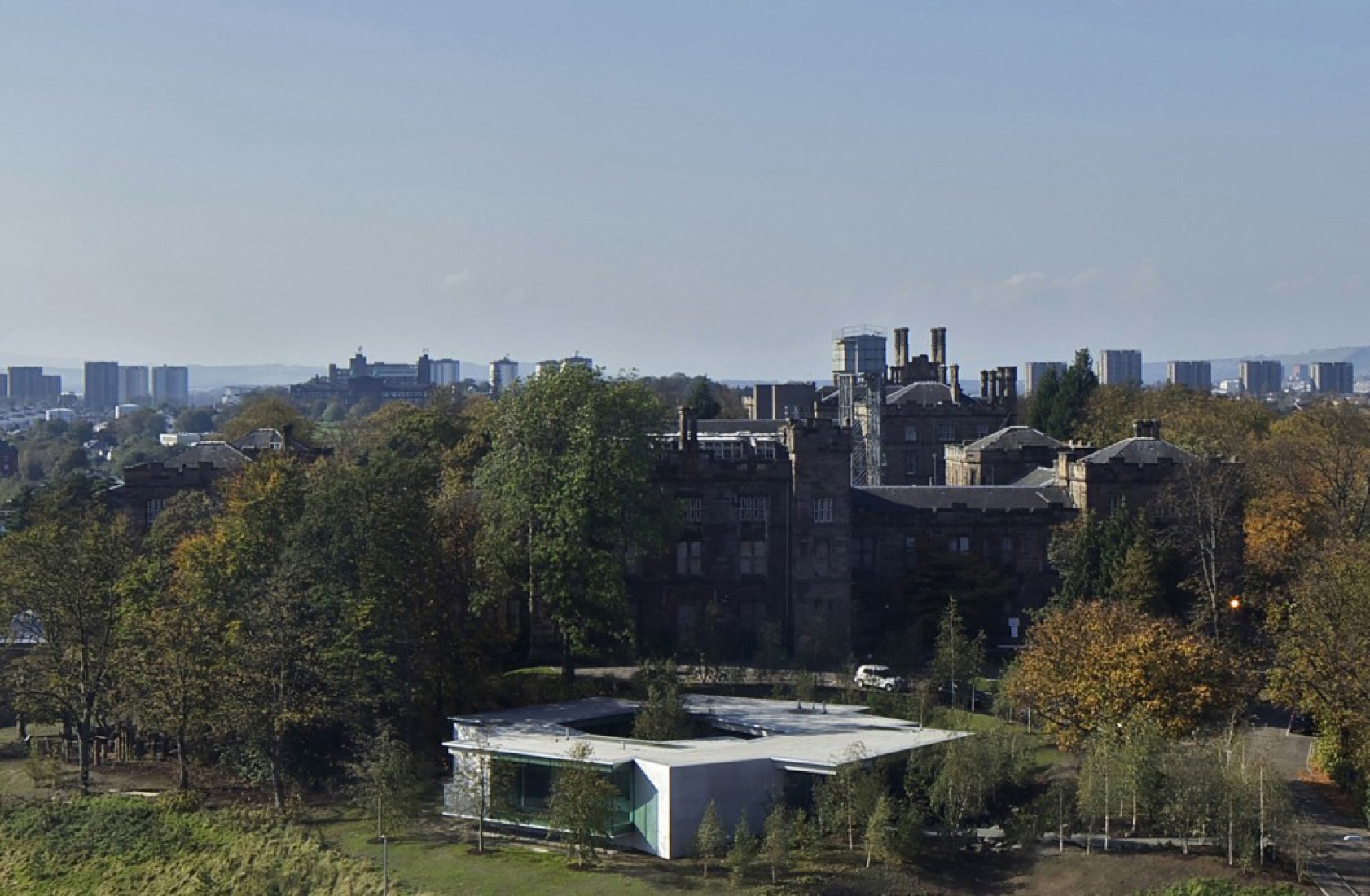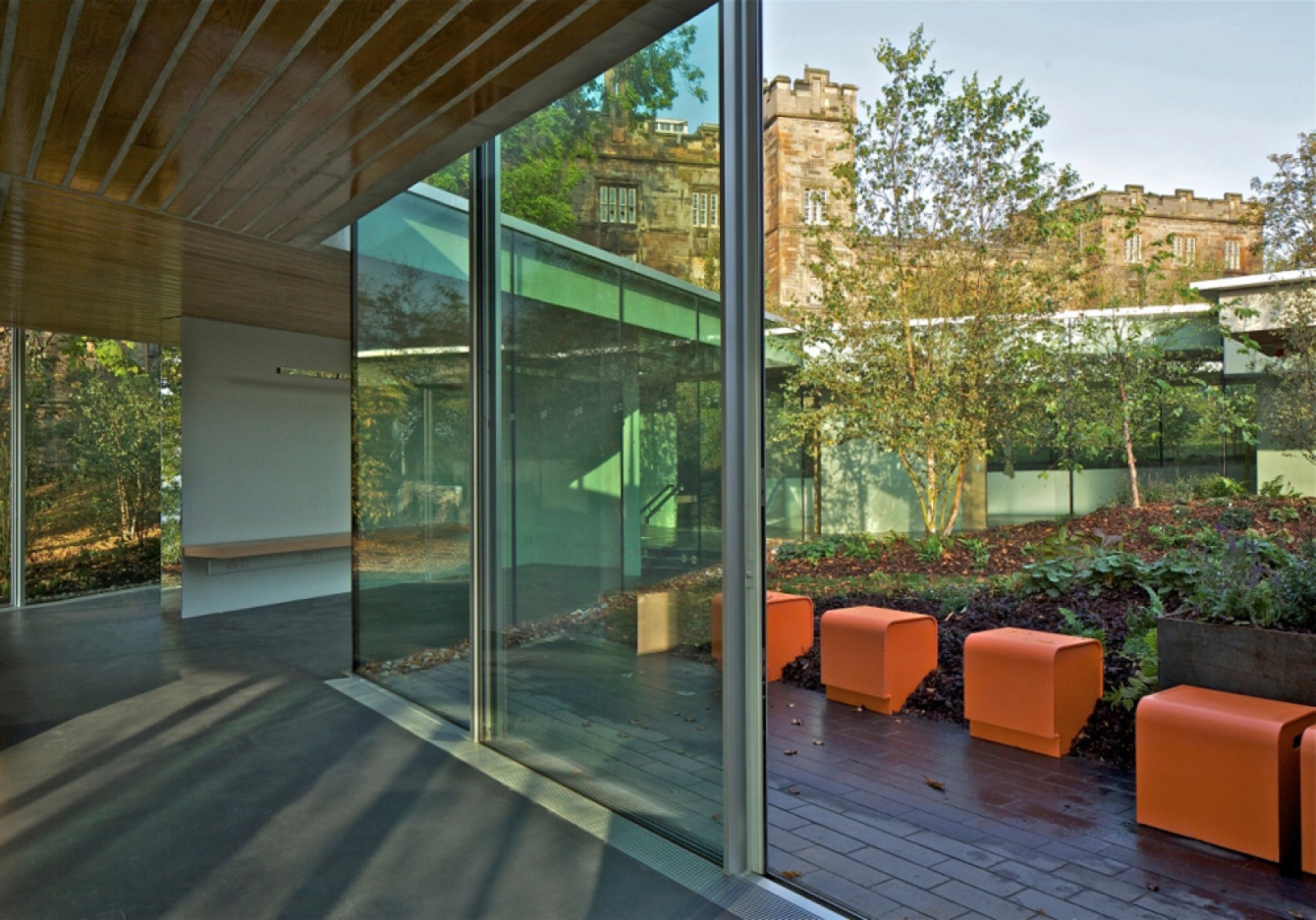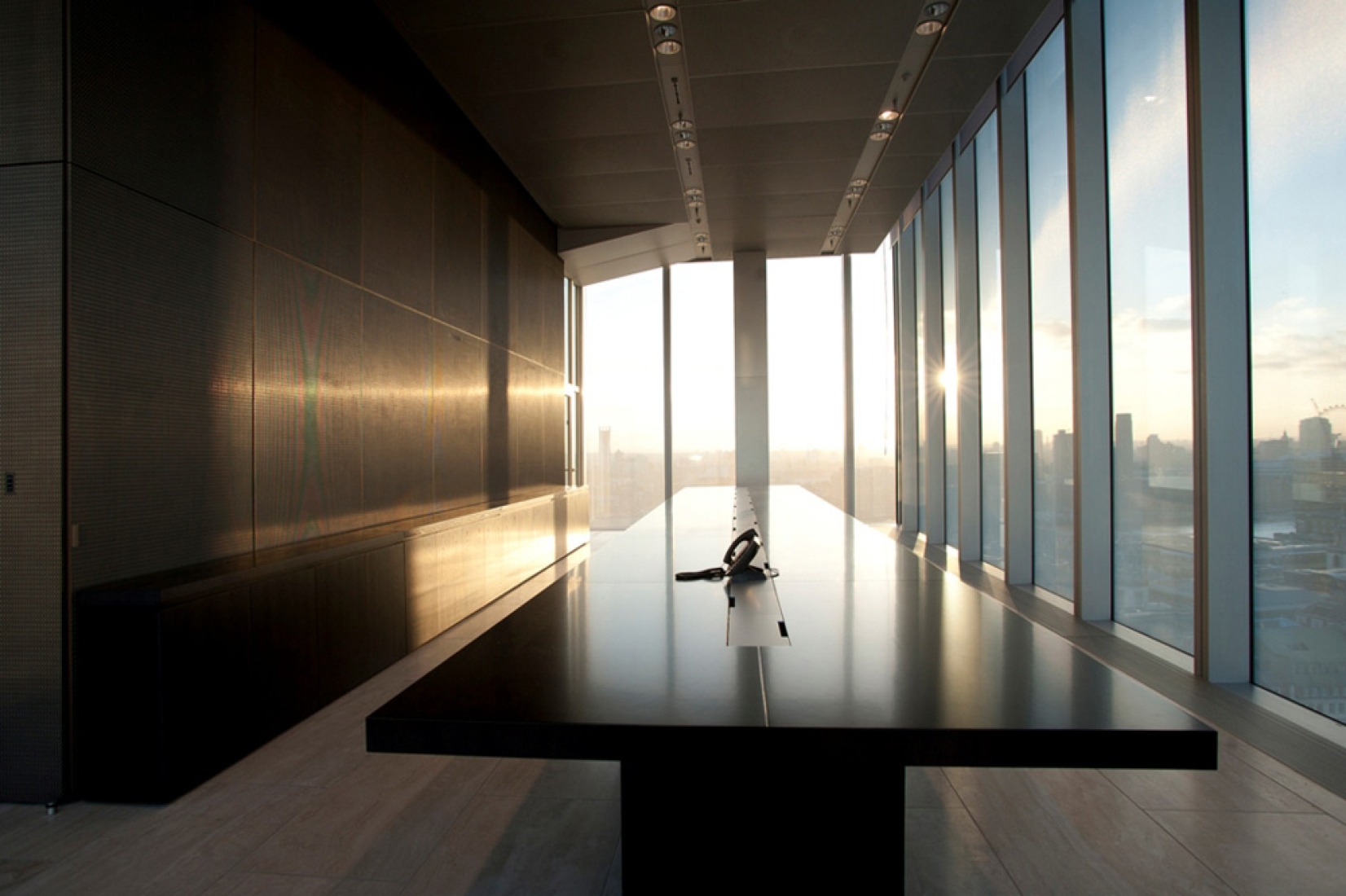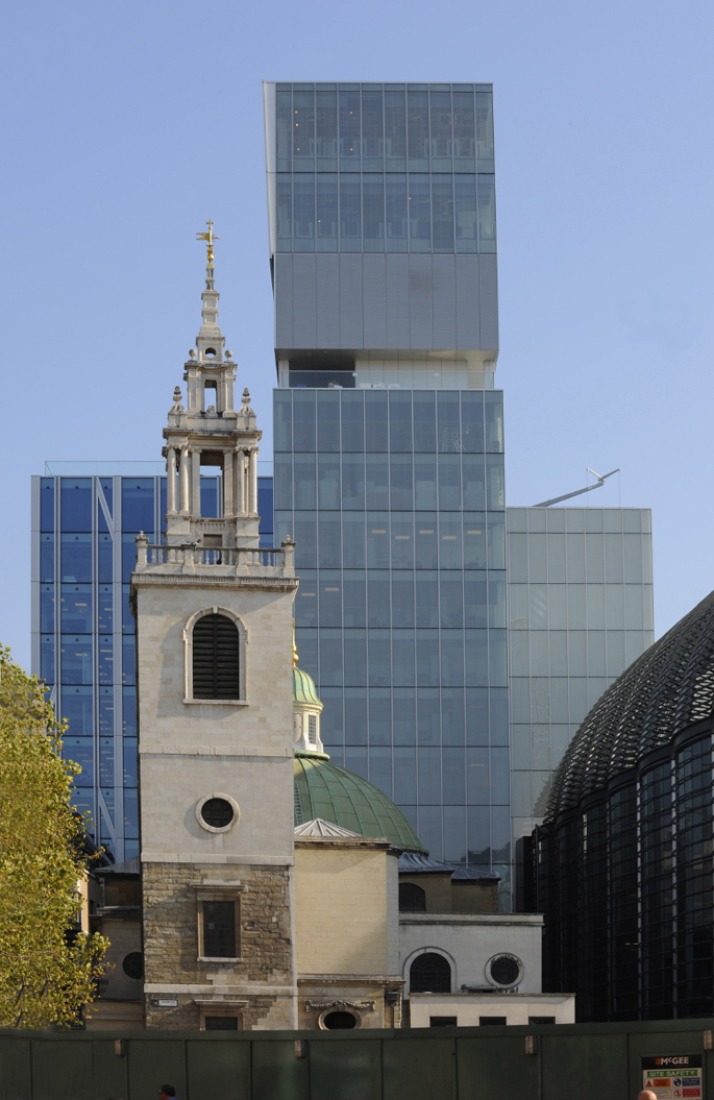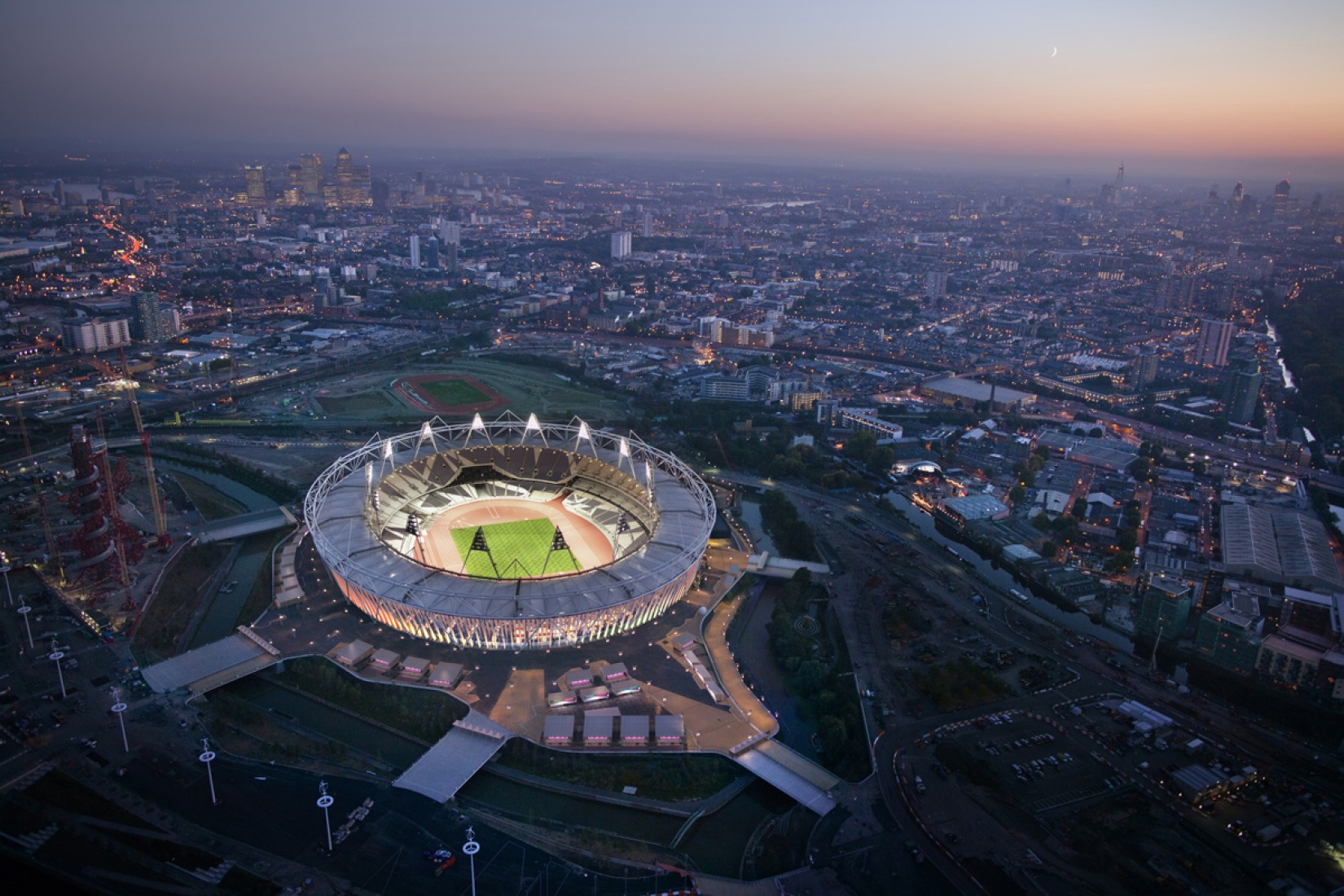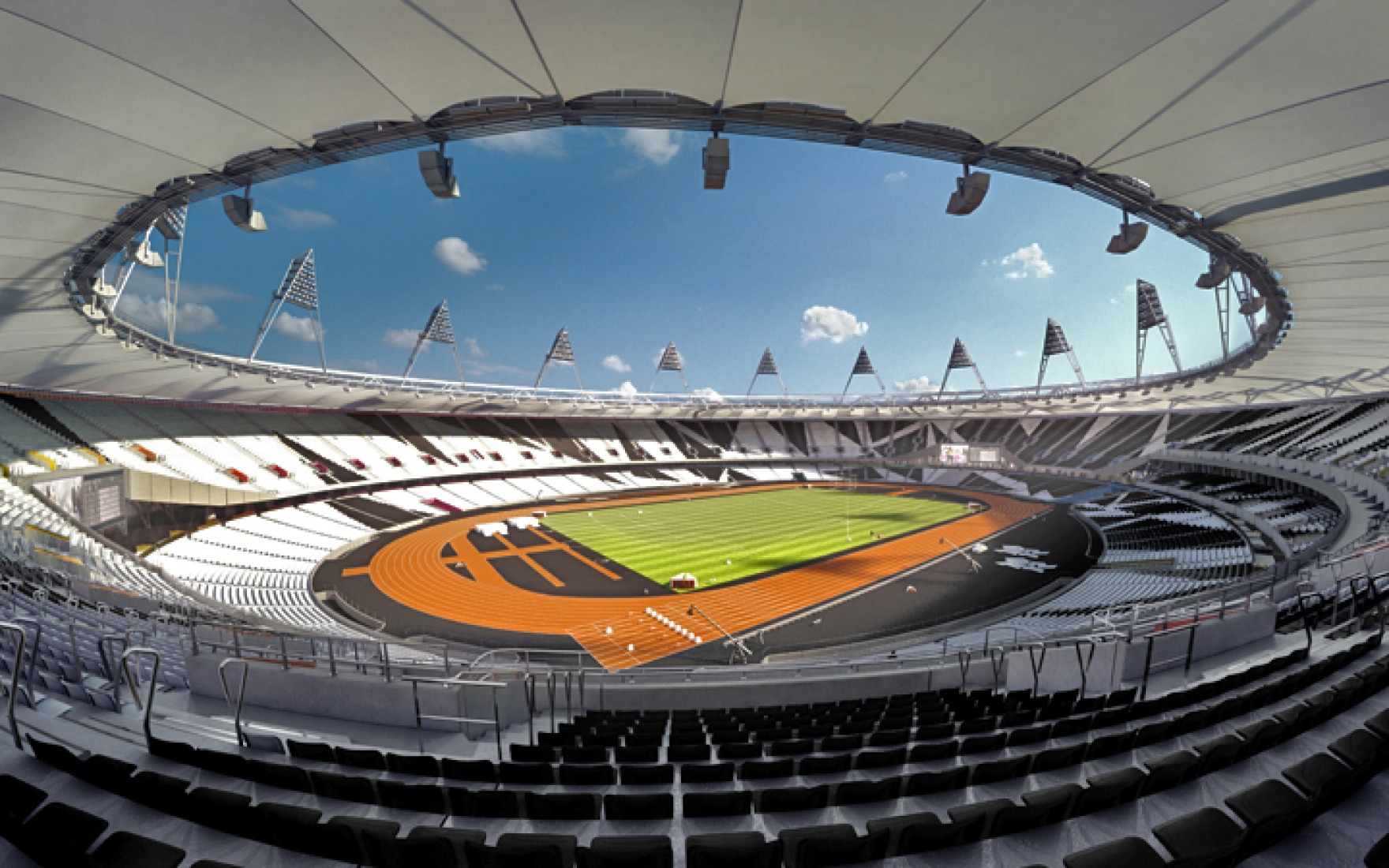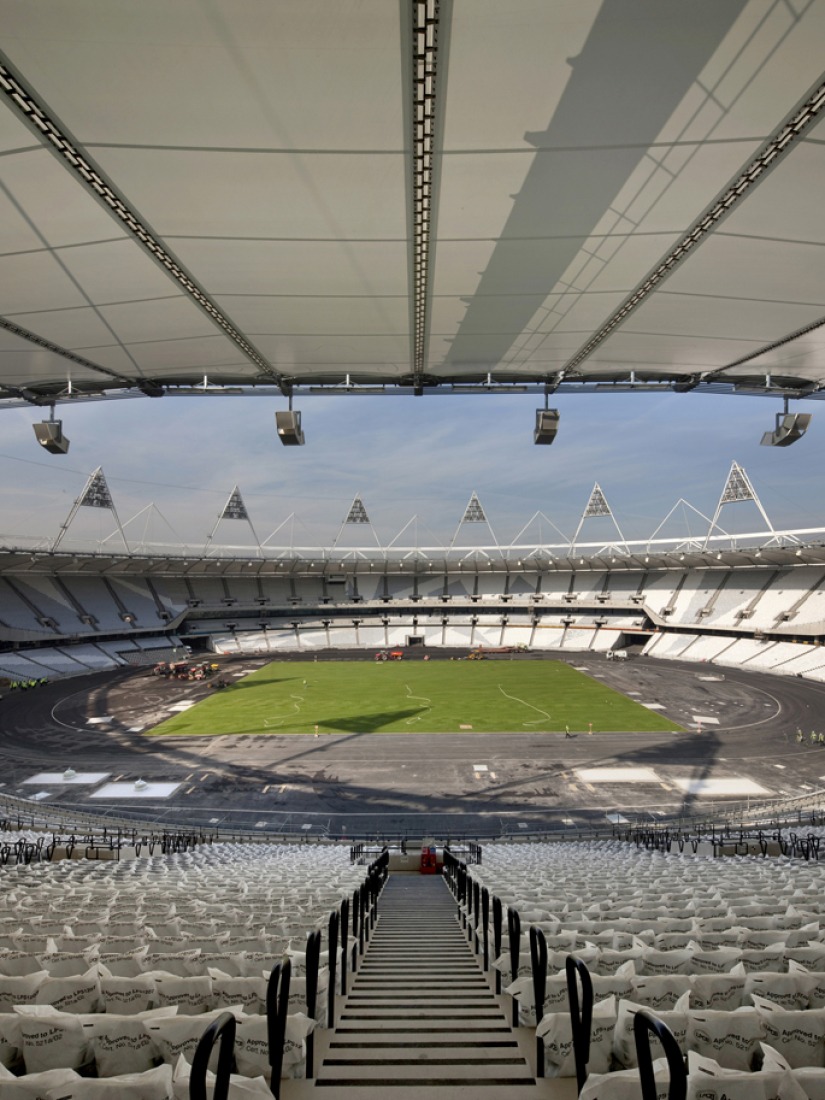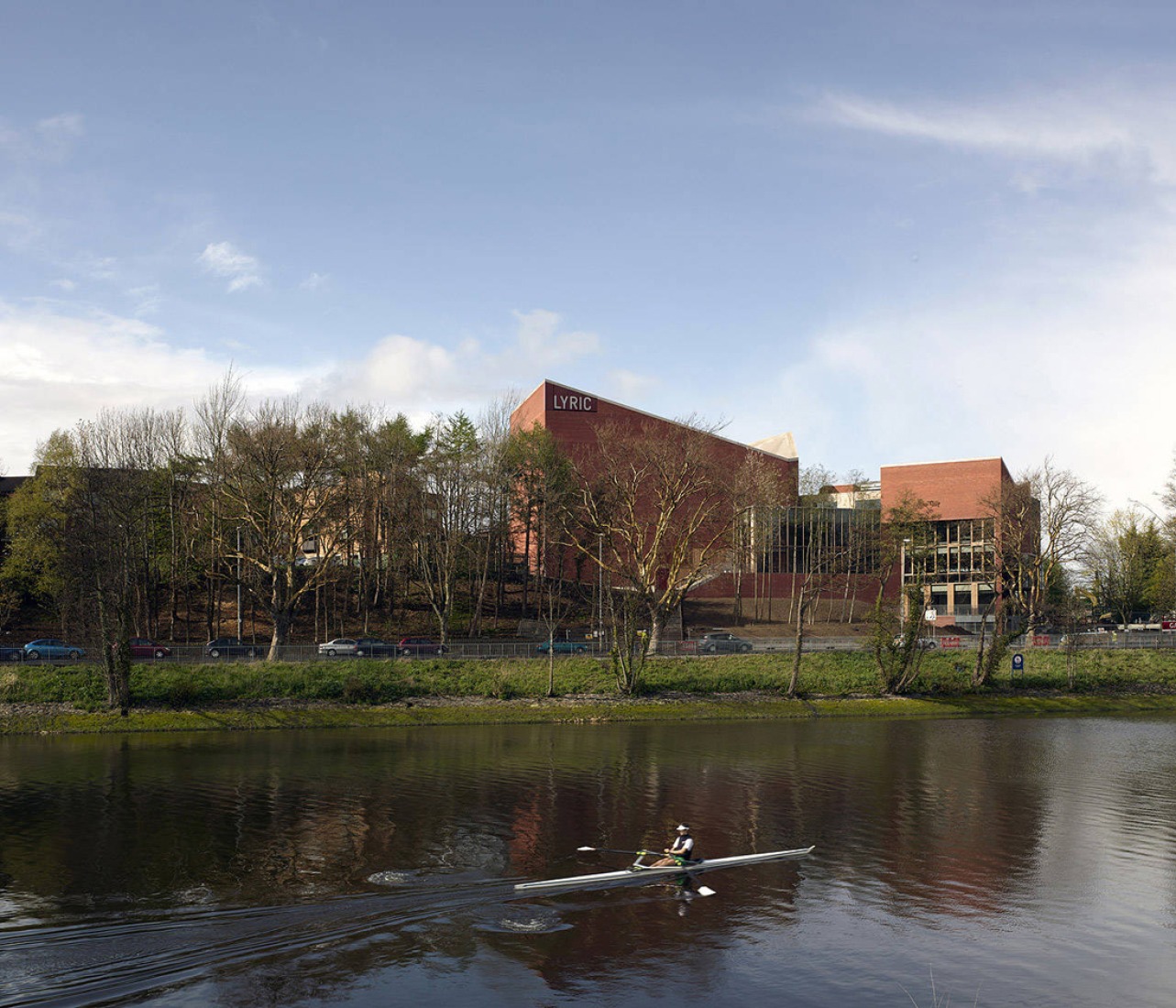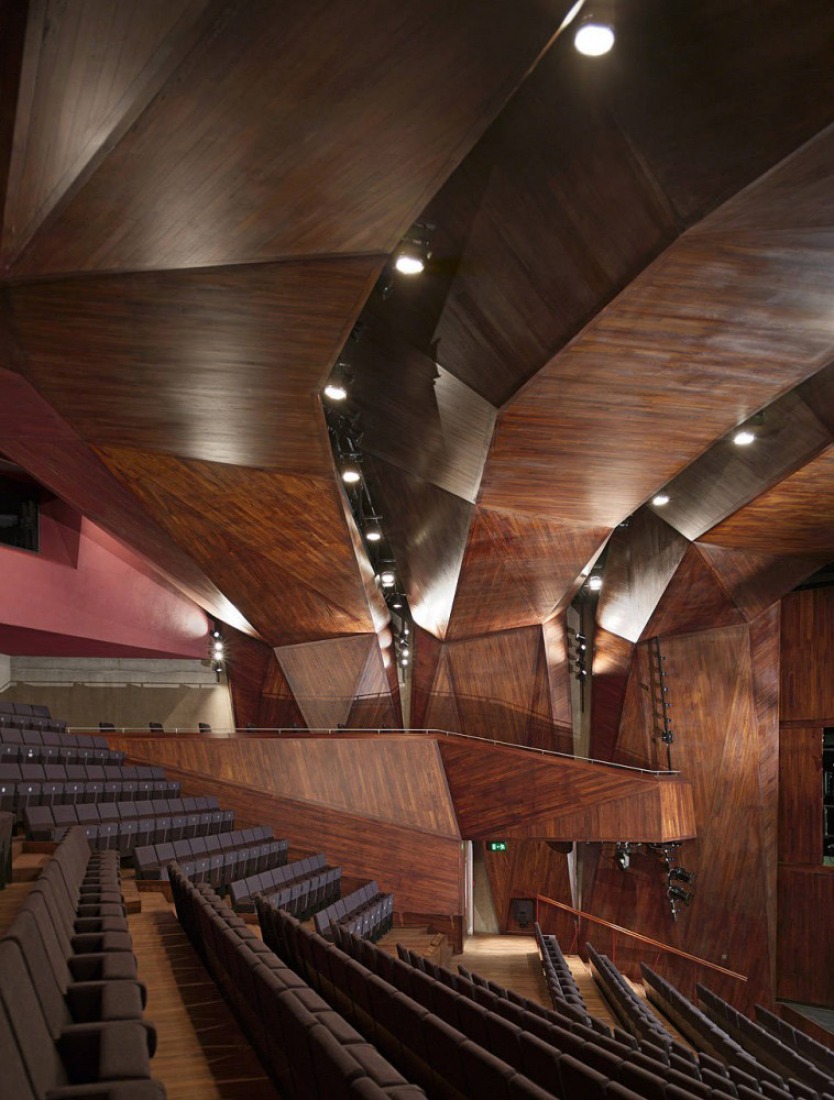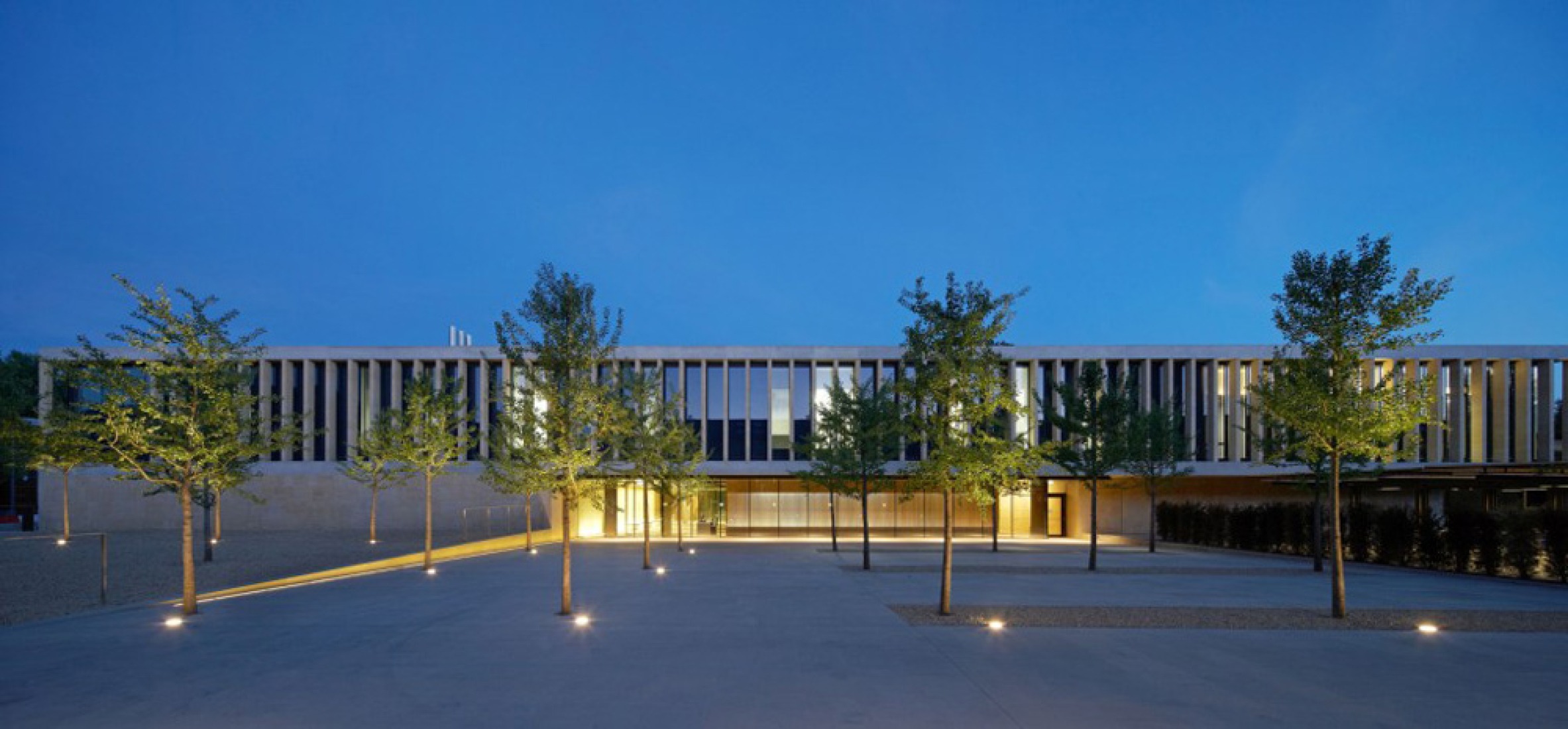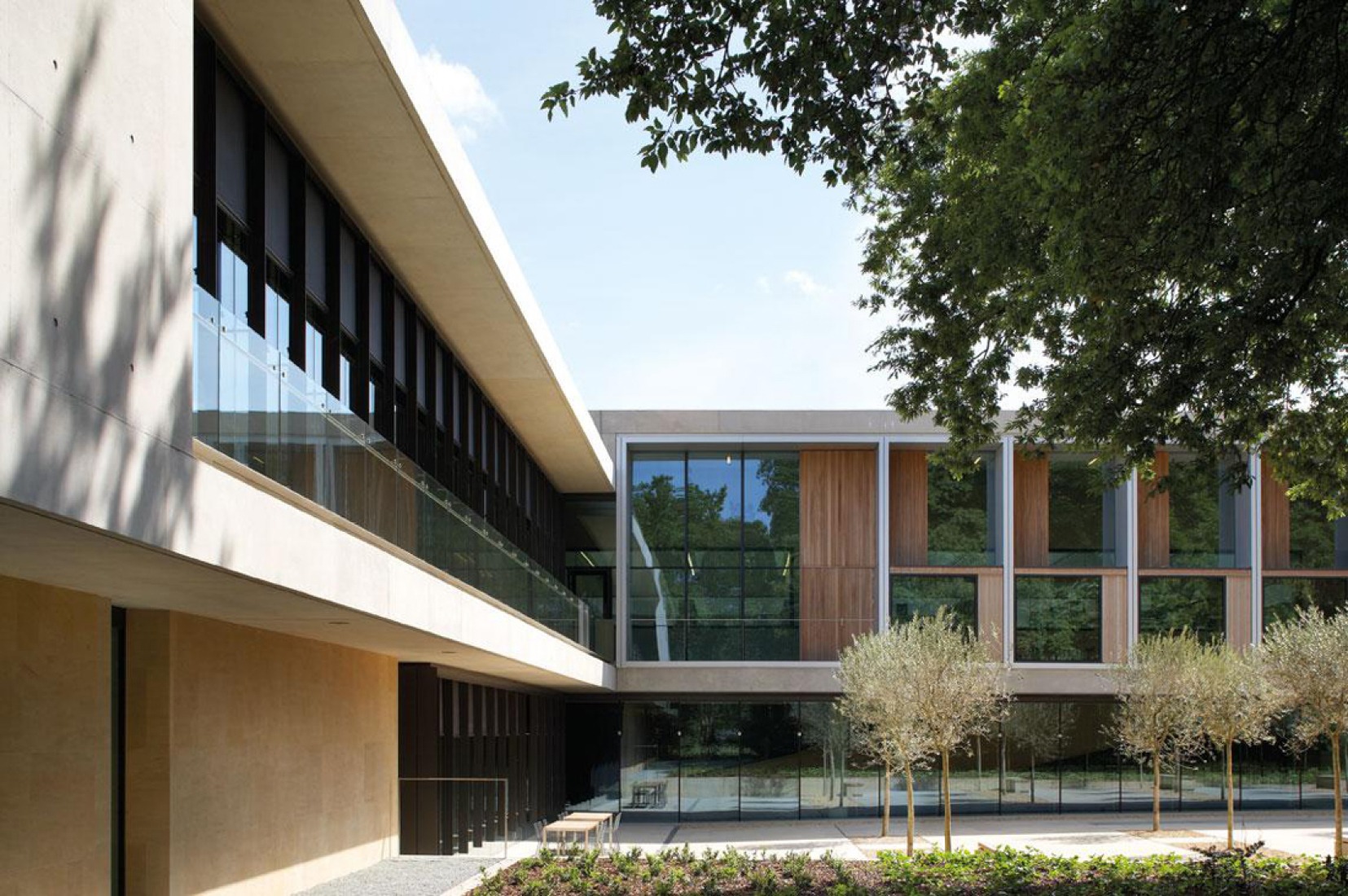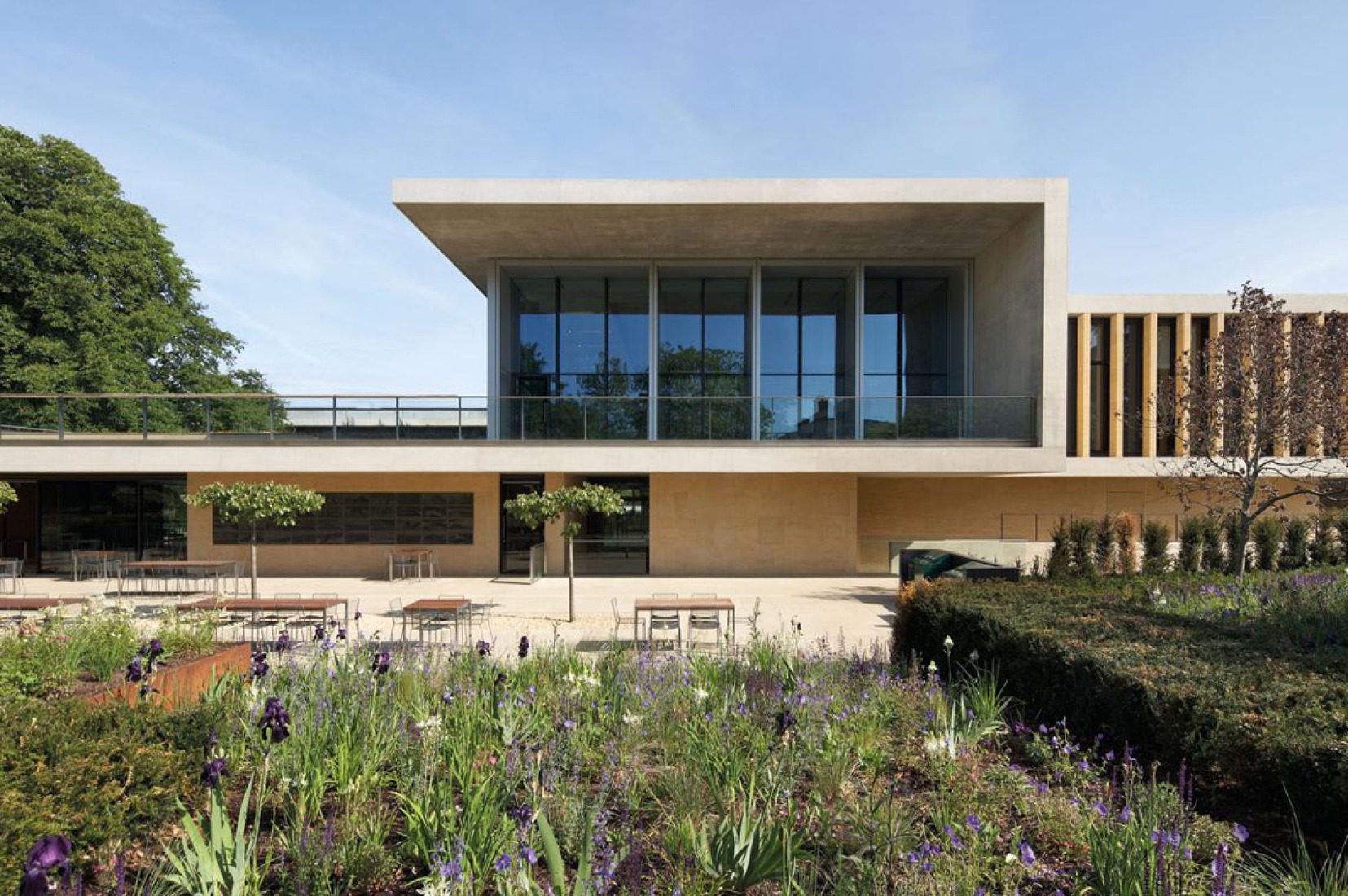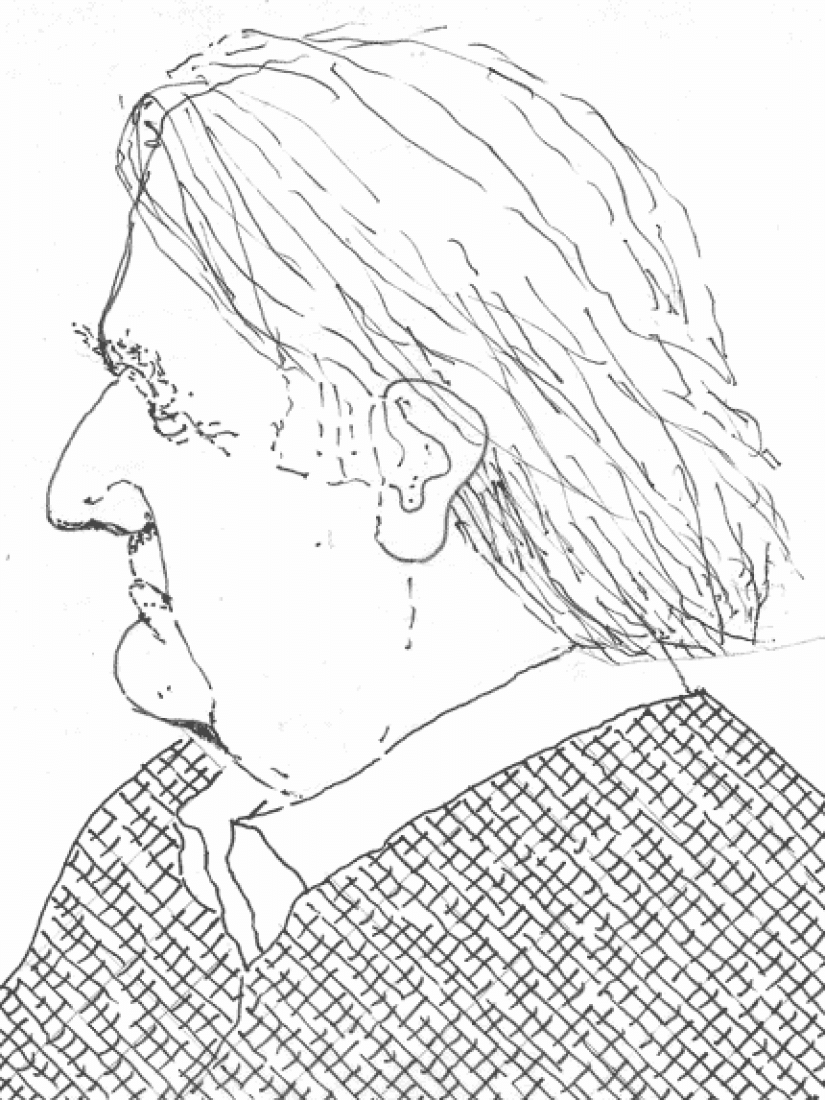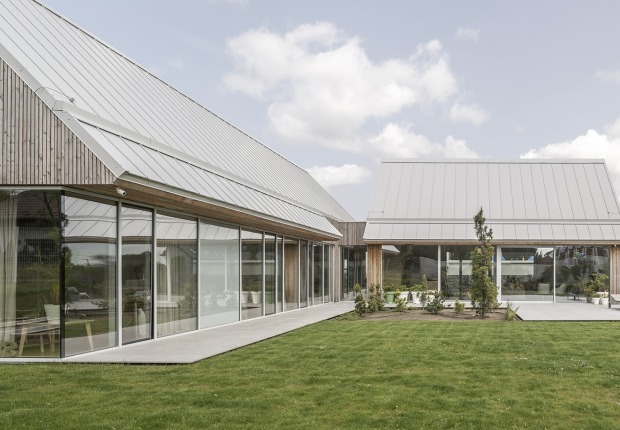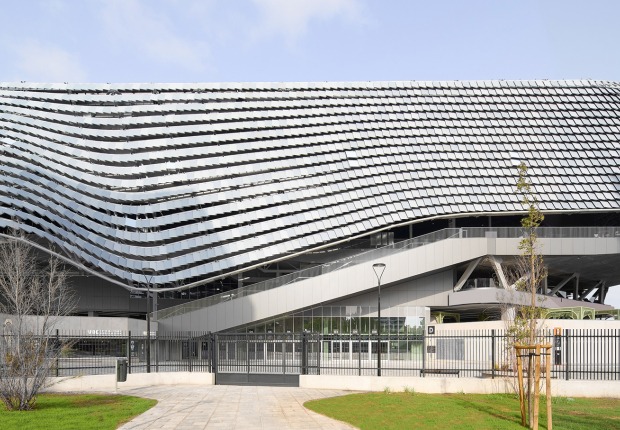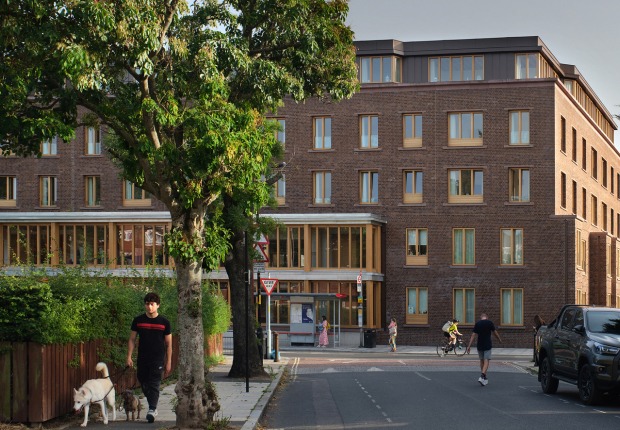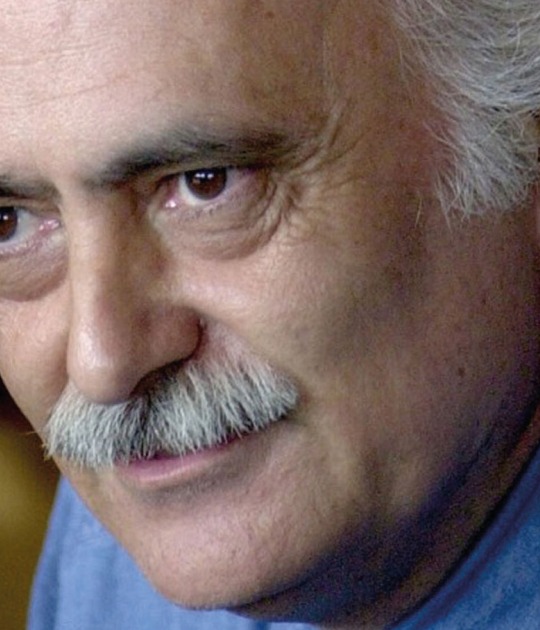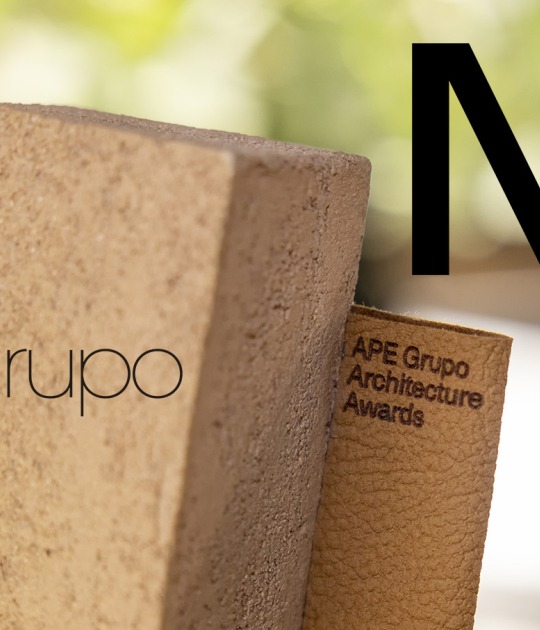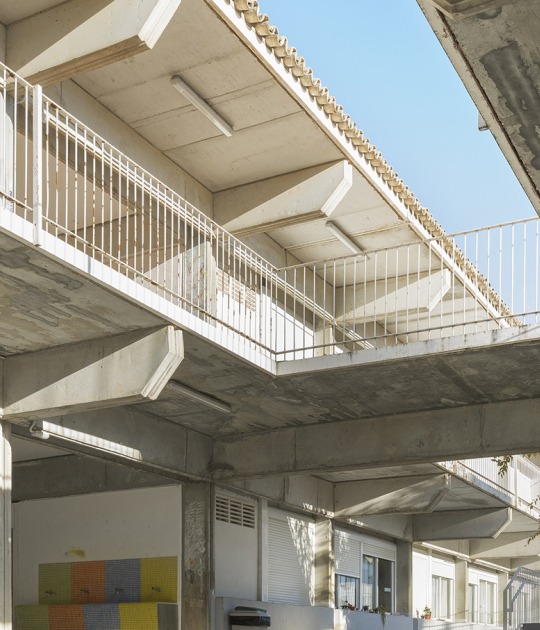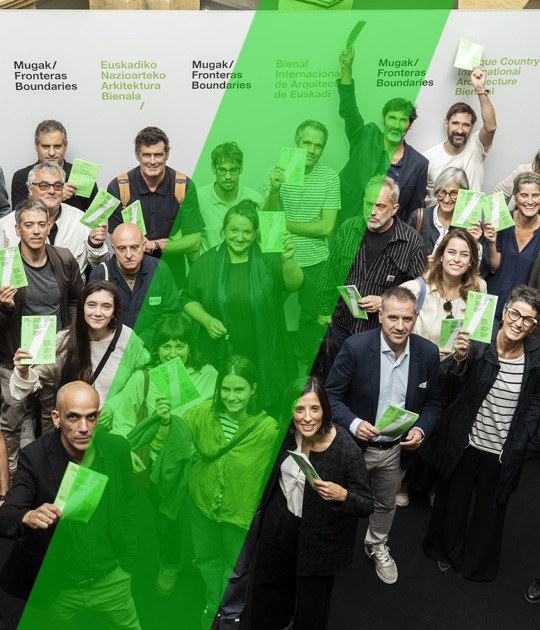Of the 6 projects 2 correspond to OMA. Also the six videos about shortlist, below.
Hepworth Wakefield by David Chipperfield Architects
The Hepworth Wakefield is characterised by a series of 10 small, irregular, trapezoidal blocks that make up the structure of the gallery. It is the eighth time that architects David Chipperfield have been shortlisted for the prize, and the only nominee to have previously won.
Created by architects OMA, Maggie's Centre in Gartnavel, Glasgow, is a cancer support centre. There are no corridors or isolated rooms - instead there are a series of interlocking spaces with sliding walls to open and close areas.
New Court Rothschild Bank by OMA
The New Court Rothschild Bank rises high above the street level in London. The second building by OMA on the shortlist, it also showcases the Rothschild art collection. The winner of the £20,000 prize will be announced on 13 October.
London Olympic Stadium by Populous
The London Olympic Stadium, recognised for its sustainability, is the second Olympic venue to have been shortlisted - the Velodrome was nominated last year.
Lyric Theatre Belfast by O’Donnel & Tuomey
It is the first time since 2003 that all of the shortlisted buildings have been in the UK. Belfast's Lyric Theatre's distinctive red "Belfast brick" echoes the existing south Belfast residential landscape.
Sainsbury Laboratory by Stanton Williams
The Sainsbury Laboratory for plant science at the University of Cambridge mixes the complex scientific needs of a laboratory with a public botanic garden cafe.
